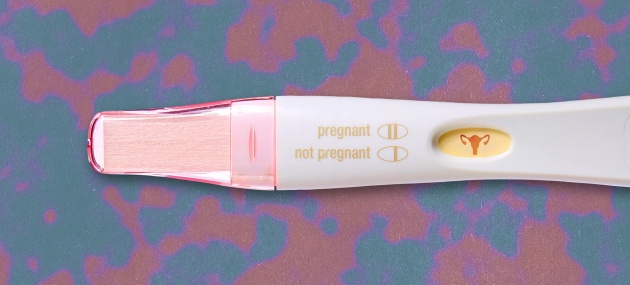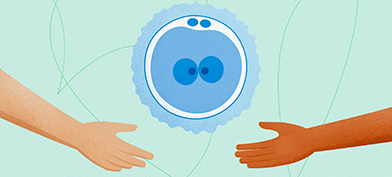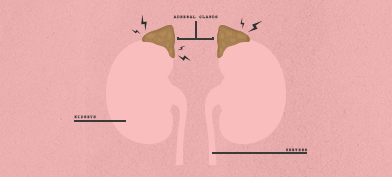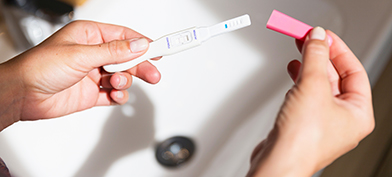The Authority on Sexual Health. We want to help readers take control of their sexual health with illuminating content that will enhance their quality of life.
- Get in Touch With Us
- Terms & Conditions
- Privacy Policy
- Cookie Policy
Customer Service
By subscribing, you agree to the Terms of Use and Privacy Policy.
Our website services, content, and products are for informational purposes only. Giddy does not provide medical advice, diagnosis, or treatment. See additional information.
By subscribing, you agree to the Terms of Use and Privacy Policy.
Our website services, content, and products are for informational purposes only. Giddy does not provide medical advice, diagnosis, or treatment. See additional information.
Our Brands:
By subscribing, you agree to the Terms of Use and Privacy Policy.
Our website services, content, and products are for informational purposes only. Giddy does not provide medical advice, diagnosis, or treatment. See additional information.
© Copyright 2023 Giddy® | All Rights Reserved.
© Copyright 2023 Giddy® | All Rights Reserved.


































